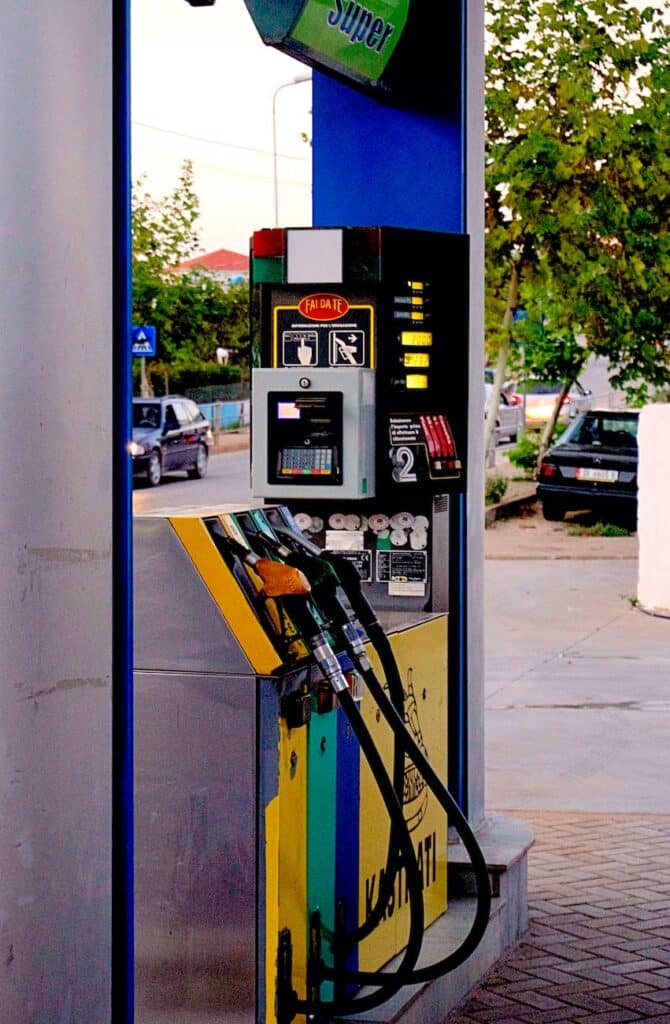
Table of contents
Introduction
In recent years, the demand for alternative fuels has grown as we seek to reduce our reliance on fossil fuels and mitigate the environmental impact of transportation. Ethanol, a renewable biofuel derived from plant matter, has emerged as a promising option for powering vehicles. In the aftermarket tuning world, Ethanol (E85) has become a staple in high performance. Tons of builds are featuring FlexFuel sensors and fuel upgrades to take advantage of this fuel source. Modifying your car to run on E85 fuel can offer several advantages, however it’s important to consider both the pros and cons before making the switch. In this article, you will learn what is E85 fuel and how it may take your car to the next level!
What is E85?
Ethanol fuel, also known as ethyl alcohol or bioethanol, is a type of alcohol that is primarily used as a fuel additive or as a standalone fuel. It is produced through the process of fermentation, which converts the sugars present in crops or biomass into ethanol. This renewable biofuel can be used to power vehicles, replacing or blending with conventional gasoline.
In the tuning world, tuners are taking advantage of this higher octane to produce high horsepower numbers. This fuel is used as a direct E85 or a blend, such as E30 or E40. A blend consists of 30 or 40 percent of the gas tank being filled with E85 while the remainder is filled with a 91 or 93 octane gasoline. E85 is a great option for performance and we even listed it as one of the greatest high performance car modifications!
Pros
1. More Power
Ethanol has a higher octane rating compared to gasoline. Modifying your car to run on E85 can improve performance, as engines designed to take advantage of this higher octane rating can achieve better power output and efficiency. Engineering Explained has an awesome video which breaks down how this fuel works and what makes it popular for performance. Please consult a professional tuner prior to mixing fuels in your vehicle, unless it comes with a FlexFuel sensor from the factory.
2. Potential Savings
Ethanol is typically cheaper than gasoline on a per-gallon basis in many regions. Modifying your car to run on ethanol fuel can potentially lead to cost savings, depending on the local price of ethanol and gasoline. However, this can vary by location and availability.
3. Keep The Heat Down
The alcohol present in E85, like methanol injection, can cool down your air/fuel charge. When using forced induction, such as a turbocharger or supercharger, the cooler air charge will generate more power. Also, Ethanol naturally increases resistance to detonation.
Cons
1. Availability
Ethanol fuel, unfortunately, is not widely available. Ethanol fueling stations are not present at most conventional gas stations, which can make it challenging to fill up.
2. Reduced Fuel Economy
Adding to the fueling up problem is the fact that your fuel economy will drop when using Ethanol. Ethanol contains less energy per gallon compared to gasoline. This difference will vary based on the engine’s design and the amount of ethanol used, but typically your fuel economy will reduce regardless.
3. Modifications
If you have a vehicle that does not have a FlexFuel system from the factory, modifying your vehicle to take ethanol can be a hassle. Modifying your vehicle to accommodate ethanol will require upgrades to the engine and fuel system. These modifications can be costly, and they may void your vehicle’s warranty if you have one. We recommend consulting a professional technician to handle any modifications to your fuel system.
Conclusion
What is E85 if not an upgraded fuel source for your car? It’s also an environmentally friendly option. Modifying your car to run on ethanol fuel can offer several benefits, especially in the realm of performance. However, it is crucial to consider the limited availability of ethanol fuel, the reductions in fuel economy, and the necessary modifications to run Ethanol in your vehicle. Before making any modifications, consult with automotive experts to ensure compatibility and evaluate the feasibility of using ethanol in your vehicle.

Keep up with the latest articles, content, and special offerings by signing up for our email newsletter!
